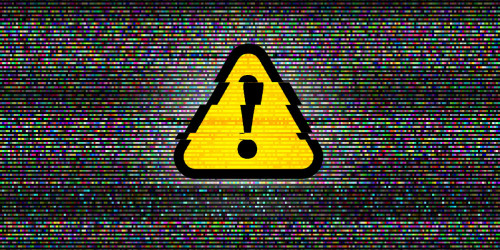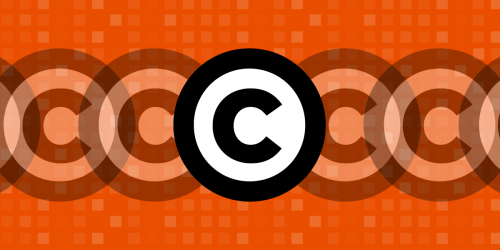Yesterday, EFF filed petitions (1, 2) with the Copyright Office seeking DMCA exemptions for three categories of activities that do not violate copyright laws, but that are still jeopardized by the DMCA's ban on bypassing technical protection measures used to control access to copyrighted works (i.e, DRM). The three exemptions are for:
- Noncommercial video creators (like YouTubers and vidders) who rip DVDs in order to use clips for fair use remixes;
- Cell phone owners who want to unlock their phones to use them on cellular networks of their choosing;
- Cell phone owners who want to "jailbreak" their phones in order to use applications of their choosing (e.g., iPhone owners who want apps from sources other than the iTunes App Store).
The exemption for remix video creators is necessary to protect fair use in a digital world where visual literacy (what Larry Lessig calls RW culture) is increasingly important. Today, if you rip a DVD, the MPAA takes the position that you've broken the law, even if you are making a video that comments on the latent racism in Disney films or the sexualized violence in 300. This is what free speech looks like in the 21st century, and a DMCA exemption is necessary if we want to avoid driving millions of amateur creators into the copyright underground.
The cell phone exemptions (unlocking and jailbreaking) are necessary to protect your "freedom to tinker" with products you own. Cellular carriers lock their phones not to protect their copyrights, but rather to discourage customers from switching carriers. This is not only anti-competitive, but puts millions of used cell phones into landfills each year. More recently, cell phone makers have started locking phones to a single source for applications -- which is why more than 350,000 iPhone owners have "jailbroken" their iPhones in order to get the apps they want, instead of just the ones Apple is willing to let them have.
Others are seeking exemptions for computer security researchers who want to investigate DRM on videogames (SecuROM, we're looking at you); documentarians, film professors, and media literacy educators who need to take clips from DVD; and consumers who have been left high and dry by vendors who retired their DRM authentication servers (e.g., Walmart, Yahoo, Microsoft). All of the proposals have been posted on the Copyright Office website. Comments supporting or opposing the proposed exemptions are due by Feb. 2, 2009. Hearings will follow in the Spring, and the Copyright Office will announce its final determinations in October 2009, as the last set of exemptions expire.








